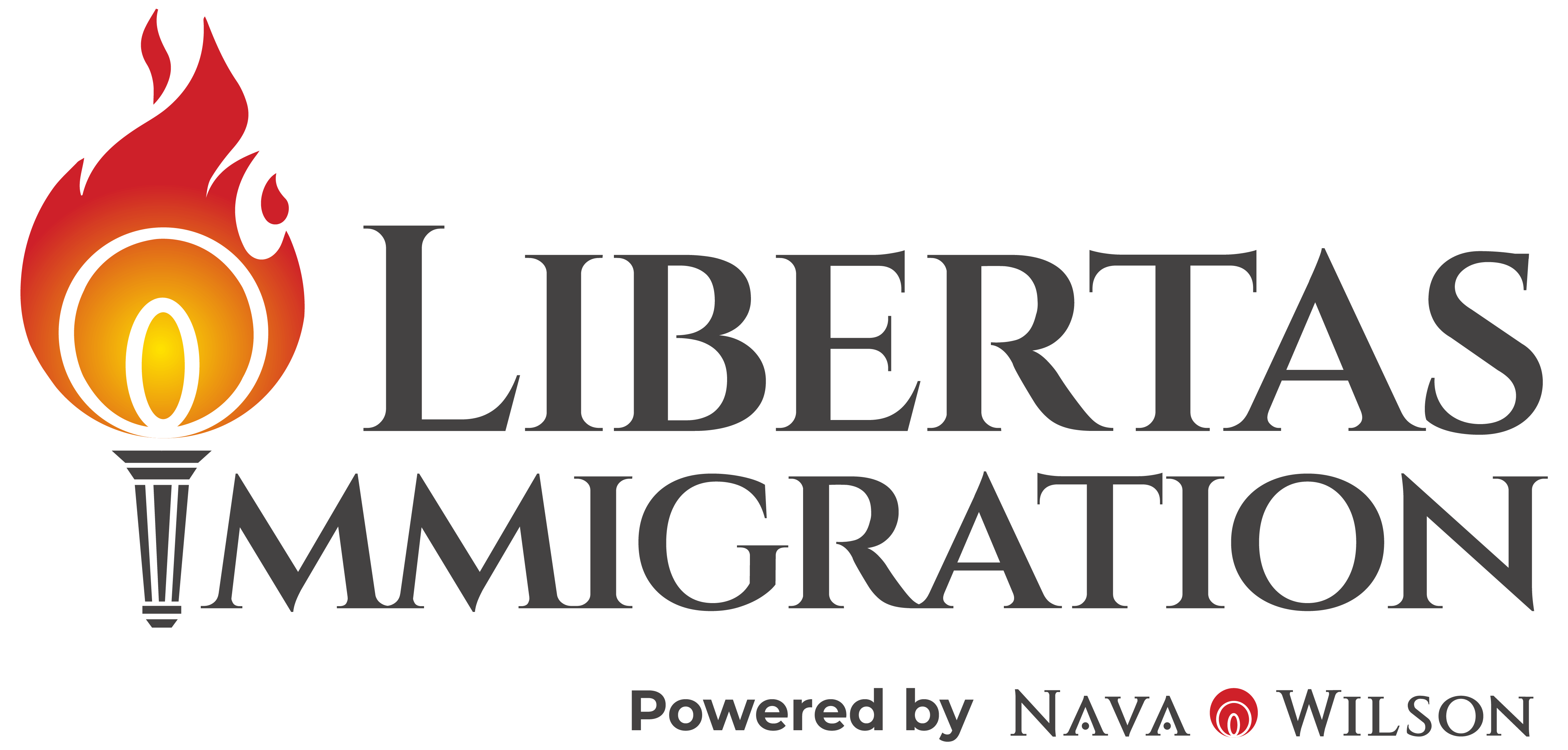On February 28, 2023, Immigration, Refugees and Citizenship Canada (IRCC) announced an extension to a COVID-era temporary public policy, which came into effect on August 24, 2020; a measure that was initially introduced to help employers in Canada fill urgent labour shortages when COVID-related travel restrictions were in place, making it difficult for newcomers to arrive from abroad. This policy allows foreign nationals visiting Canada to apply for a job-specific work permit while still in Canada.
Who is Eligible to Apply for a Work Permit as a Visitor in Canada?
To be eligible to apply under this temporary policy, an applicant must:
- Have valid status in Canada as a visitor on the day they apply;
- Have a job offer supported by a Labour Market Impact Assessment (LMIA) or an LMIA-exempt offer of employment;
- Submit an application for an employer-specific work permit no later than February 28, 2025;
- This will include all of the requirements of a work-permit application: Educational Credential Assessment, IELTS/CELPIP Test – where required, job experience letter(s), etc.
- Meet all other standard admissibility criteria;
- Medical Clearance, Biometrics, Criminality, etc.
Applicants who have held a valid work permit in the past 12 months and currently have visitor status can also request interim work authorization to start working for their new employer before their work permit application is finalized. This policy change eliminates the need for visitors to leave Canada when applying for a work permit, making it easier for employers to find workers in Canada.
How to Start Working in Canada as a Visitor: Interim Authorization to Work
If you want to work in Canada under this policy, you’ll likely need a Temporary Resident Visa (TRV) or an ETA to enter the country. Before the pandemic, TRV holders had to leave Canada to apply for a work permit and then re-enter the country once their application was approved. But due to COVID-19, the Canadian government now allows TRV holders to apply for work permits from within Canada, otherwise known as “in-land” applications.
However, it can take up to 144 days for IRCC to process a work permit application, which can be a problem if you have a job offer and need to start working right away. To address this issue, IRCC introduced the Interim Authorization to Work policy, which allows eligible applicants to start working while their work permit application is being processed. It also intends to address growing labour shortages by addressing IRCC processing times for work permits submitted inside the country.
Remember that your work permit application can still be rejected while you are on Interim Authorization. However, if the work permit application is approved, Interim Authorization allows TRV holders to start working more quickly than if they had to wait for firm approval.
Employers must apply for a Labour Market Impact Assessment (LMIA) to evaluate if hiring foreign workers will positively, neutrally or negatively impact the Canadian economy. If the impact is negative, the employer may not be able to hire foreign nationals.
Work Permit Fees:
| Work Permit | $155 |
| Biometrics | $85 |
| ECA (educational credential assessment) | ~$400 |
| TOTAL | ~$640 |
LMIA-exempt work permits in Canada:
You may be exempt from needing an LMIA if your job is LMIA-exempt, states a specific employer or employers (for skilled trade jobs, up to two employers can make a job offer), and is:
- Covered by an international agreement like CUSMA or GATS, and non-trade agreements. This can include professionals, traders and investors.
- Covered by an agreement between Canada and a province or territory. This includes “significant investment” projects.
- Exempt for “Canadian interests” reasons:
- “significant benefit” – if your employer can prove you will bring an important social, cultural, and/or economic benefit to Canada. This can include:
- general: Self-employed engineers, technical workers, creative and performing artists, etc.
- workers transferred within a company (intra-company transferees with specialized knowledge) – only those that will benefit Canada with their skills and experience
- workers under Mobilité francophone
- reciprocal employment – lets foreign workers get jobs in Canada when Canadians have similar opportunities in other countries;
- General (such as professional coaches and athletes working for Canadian teams);
- International Experience Canada – a work abroad program for youth and young professionals;
- People in exchange programs like professors and visiting lecturers;
- designated by the Minister;
- academics, including researchers, guest lecturers and visiting professors (sponsored through a recognized federal program)
- competitiveness and public policy
- medical residents and fellows
- post-doctoral fellows and people who have won academic awards from Canadian schools
- Charity and religious work (not including volunteers).
- “significant benefit” – if your employer can prove you will bring an important social, cultural, and/or economic benefit to Canada. This can include:
Note: jobs that are exempt from needing an LMIA still need a work permit.

